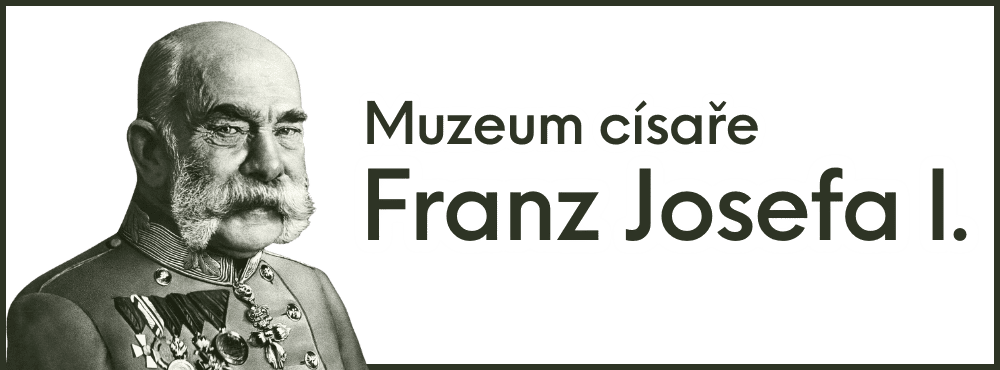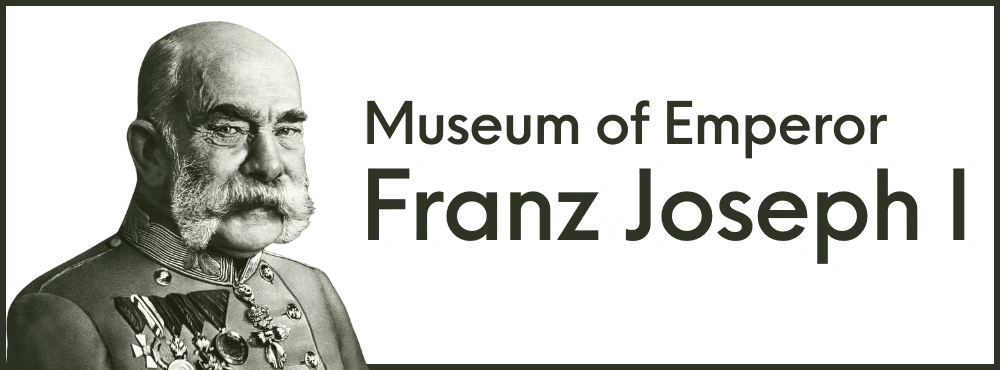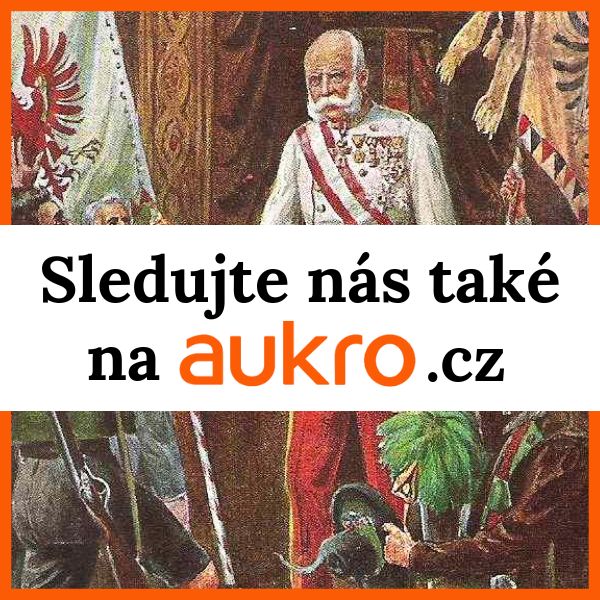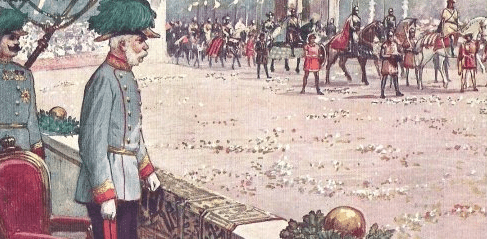PrWorld War I was declared by Austria-Hungary in the belief that it would be a short and quick process necessary to bring a rebellious Serbia into line.
The assassination committed by the Serbs (the Black Hand) on members of such an important family as the Habsburgs could not remain without a response. Therefore, after the violent death of František Ferdinand d'Este and his wife Žofia, the partial mobilization of the Austro-Hungarian Army was announced on July 26, 1914. On July 28, 1914, Austria-Hungary declared war on Serbia.
The beginning of the world crisis
The significant year 1908 was accompanied by the celebrations of Emperor Francis Joseph I for his 60-year reign. Some people believed that the emperor would celebrate his jubilee by canceling the family statute, which deprived Ferdinand and Žofia's children of the succession. However, this was not what the Emperor intended in the slightest. Francis Ferdinand was not surprised. He believed that the imperial crown was a privilege to which one had to be born.
One of the important events of the monarchy took place this year. The Balkan Peninsula underwent major political changes, and Emperor Francis Joseph I wanted to keep the peace of Austria through a Russian agreement and cooperate with Saint Petersburg.
According to the emperor, the time had come to annex Bosnia and Herzegovina, and on October 6 he wrote a declaration in which Austria extended its property rights to both provinces. These were the first territories that Francis Joseph I acquired during his sixty-year reign. He did not expect, but what an adverse response the annexation would have. The annexation upset many rulers and there were minor anti-Austrian demonstrations in Italy. Both Bosnia and Herzegovina share borders with Serbia, and Serbia considered both provinces its own. The stage was clearly set for a great and terrible battle.
In March 1909, Serbia committed, under strong pressure from Russia, to smooth relations with Austria-Hungary and to recognition of the annexation. The Serbs retreated to the background for a while, waiting for their opportunity.
In February 1910, Bosnian Governor and General Marian Varešanin proposed that one of the Habsburgs visit the new provinces. On May 30, the emperor arrived in Sarajevo in person. Francis Joseph I stayed in the main Bosnian city for four days, he always drove through the city in an open carriage and also visited the Idža spa. On June 3, the emperor returned to Vienna, soon after his return from Bosnia, the governor Varešanin was assassinated.
The governor did not suffer any injuries, the attacker Bogdan Žerajič shot himself with the last bullet. An investigation into the incident revealed that this attacker had been following the emperor's entire visit and had even gotten close enough to touch the emperor. The attempt to murder the monarch was interrupted only by his dignified face as an old man, only because of this Žerajič did not carry out his plan.
In the summer of 1911, Serbia achieved victory in Bulgaria in a short military campaign. This year, an important secret organization, the Black Hand, was formed among army officers in Belgrade, which had the task of uniting the Serbian minorities in the Habsburg and Turkish empires with their compatriots in Serbia.
The Austrian emperor Franz Joseph I was losing patience with the Serbs, he was convinced of the need for preventive intervention, therefore he authorized the foreign minister Leopold von Brechtold to deliver the ultimatum to the Serbian minister Nilol Pašič. From October 18, 1911, Serbia had eight days to leave Albanian territories or face the consequences. Realizing that he could not count on the support of other countries, the smuggler withdrew.
After the assassination of Francis Ferdinand d'Este's successor on June 28, 1914, the situation became blurred and the long-term strife between all the powers escalated until the first declaration of war, which happened on July 28, 1914, when Austria-Hungary declared war on Serbia. On that day, Emperor Francis Joseph I issued a manifesto "To My Nations" in which he wrote that he never wanted war, but was forced into it by circumstances.



